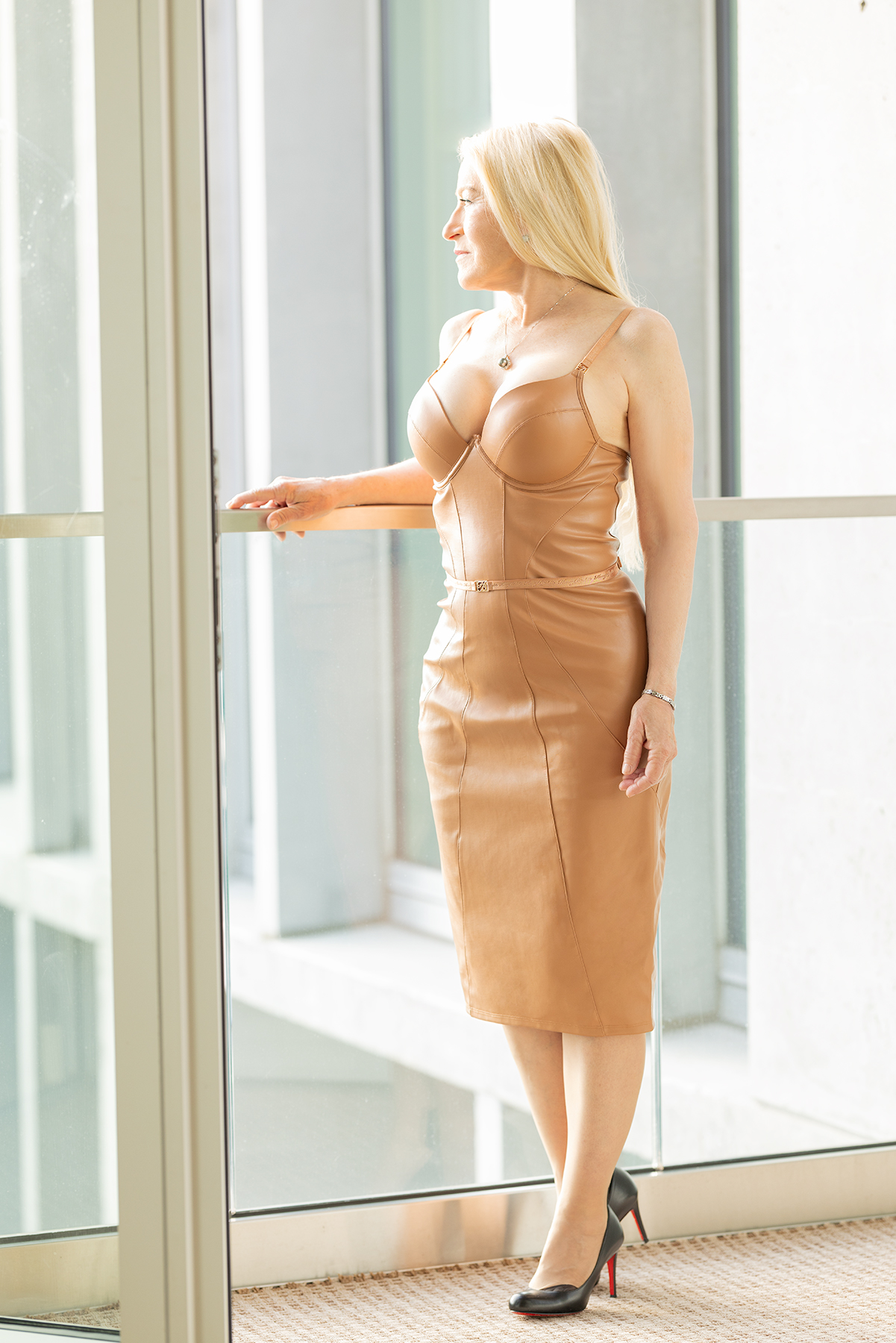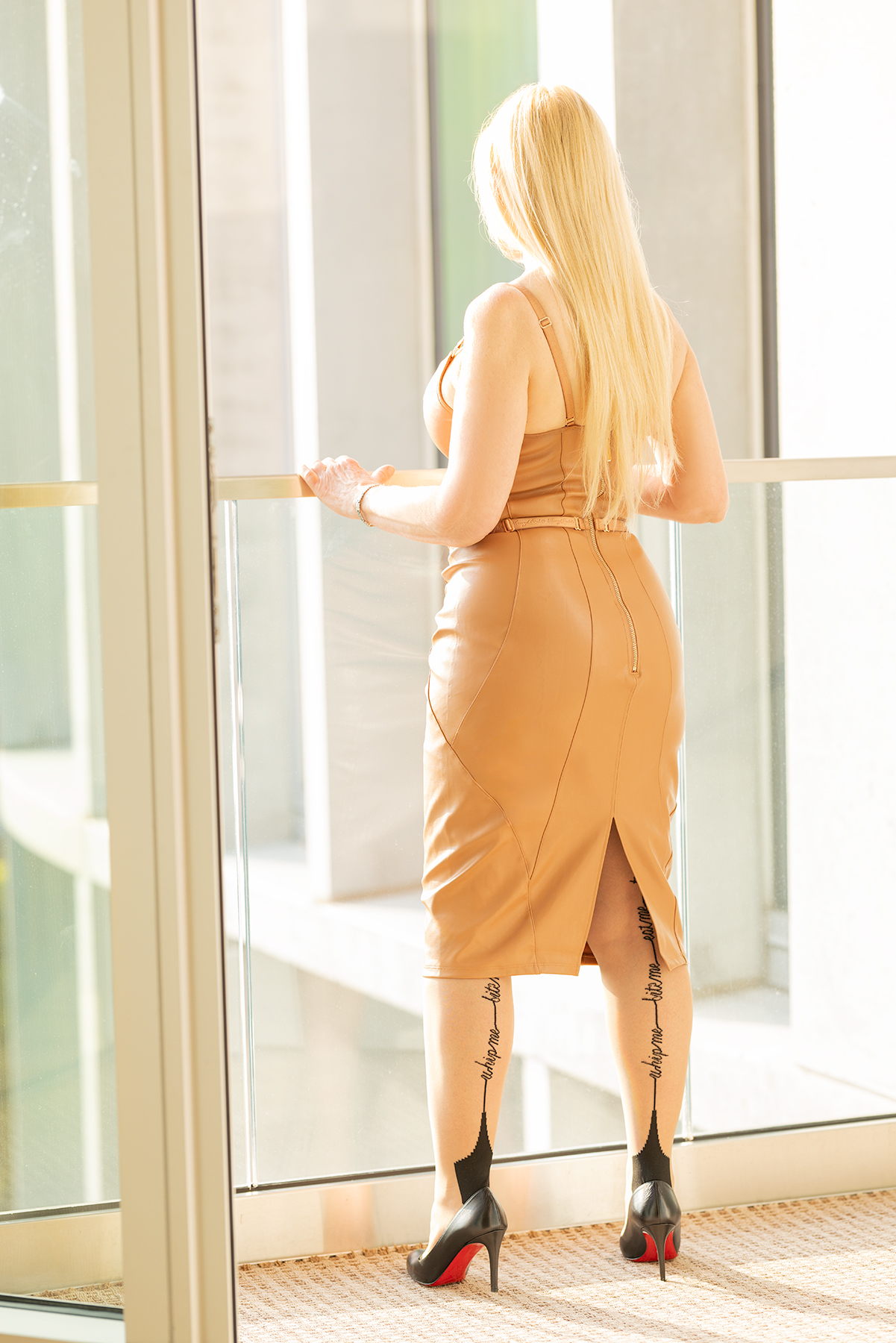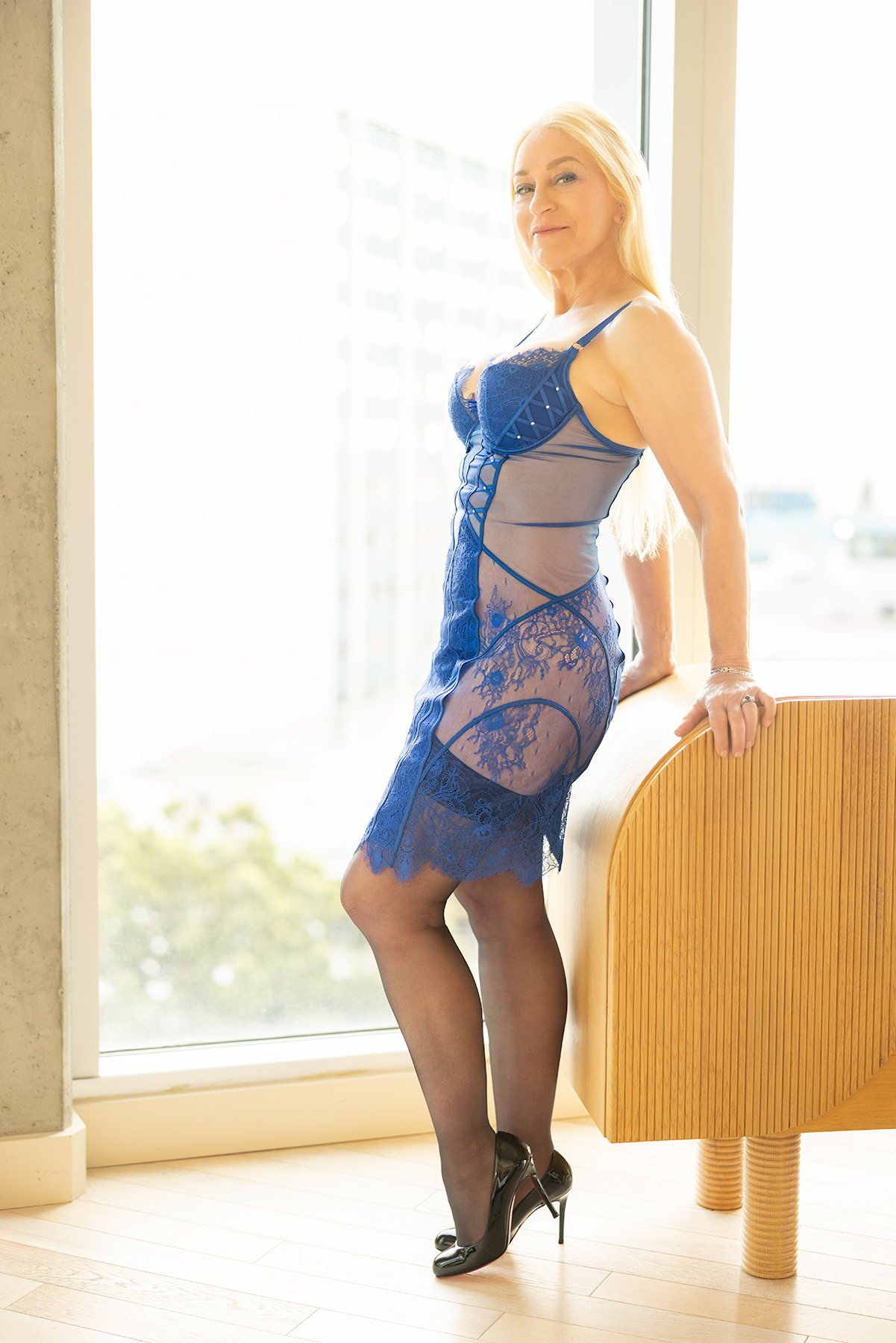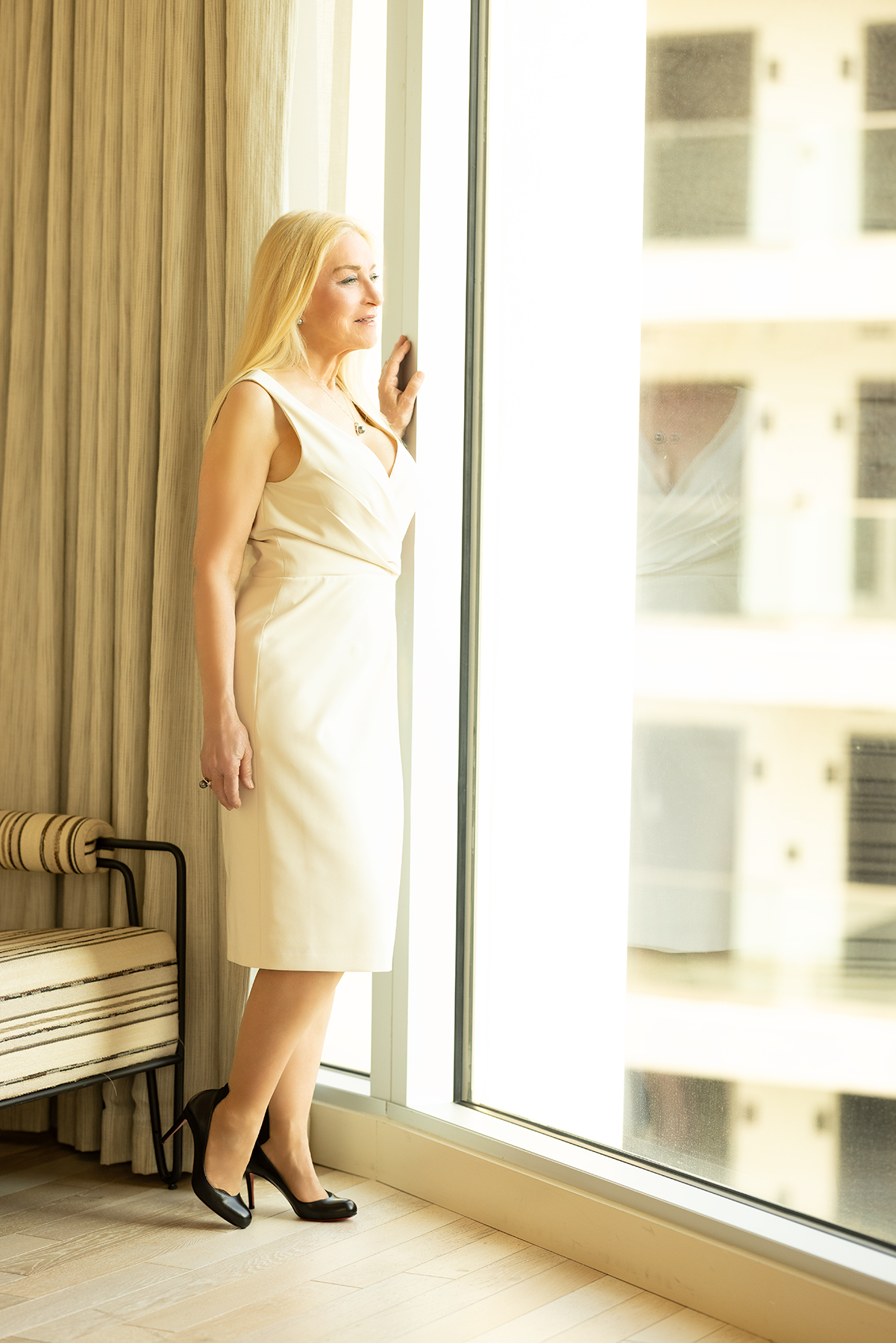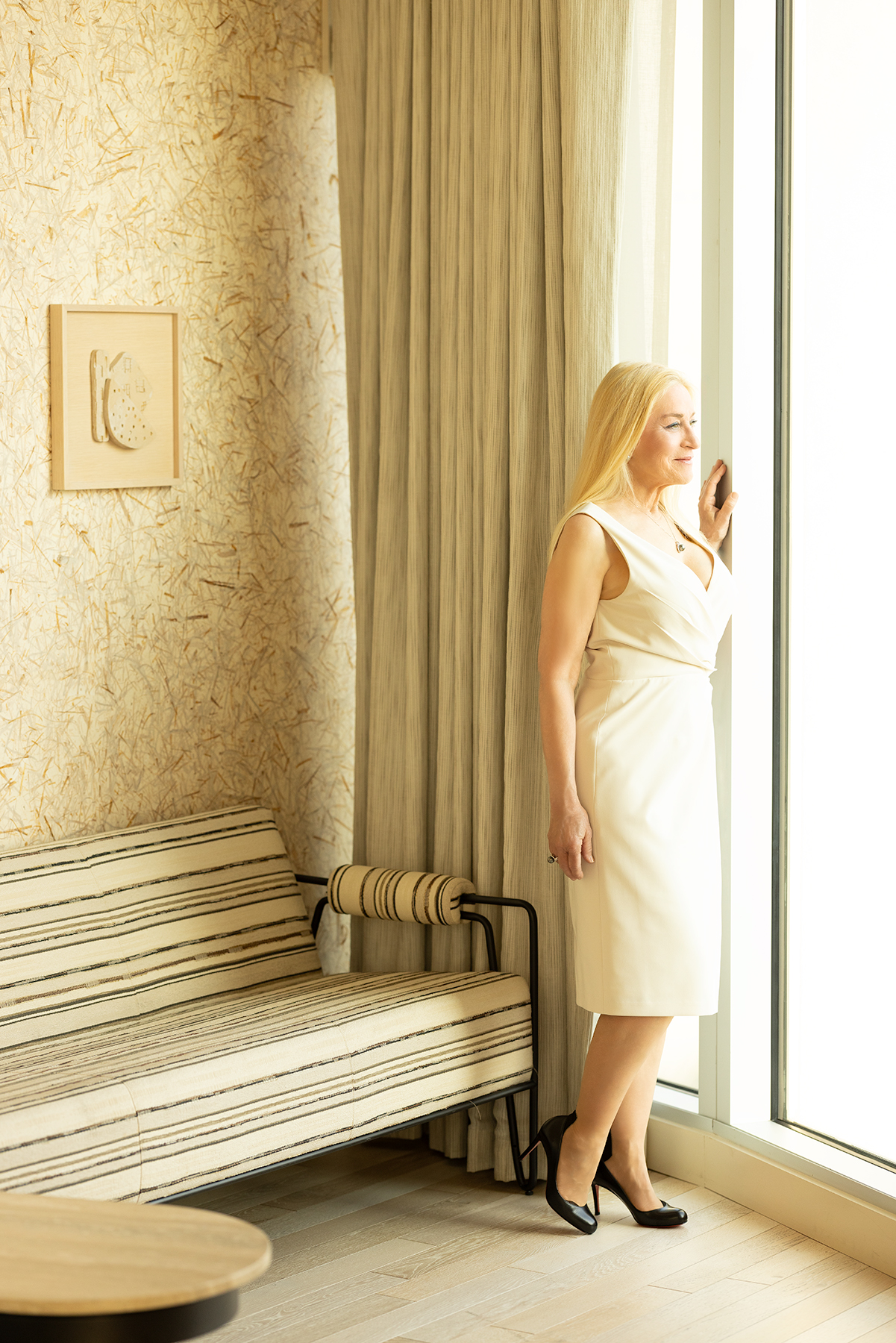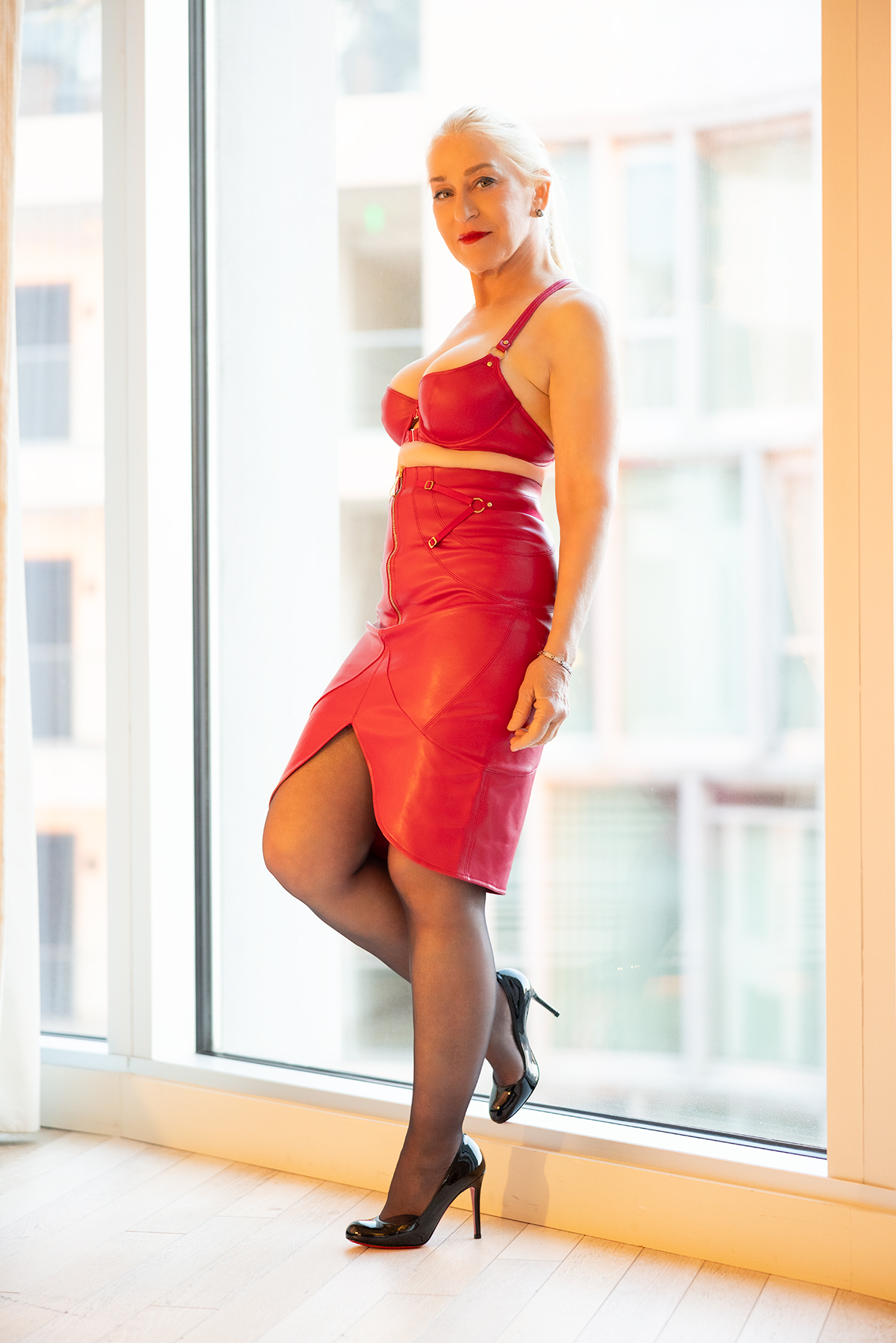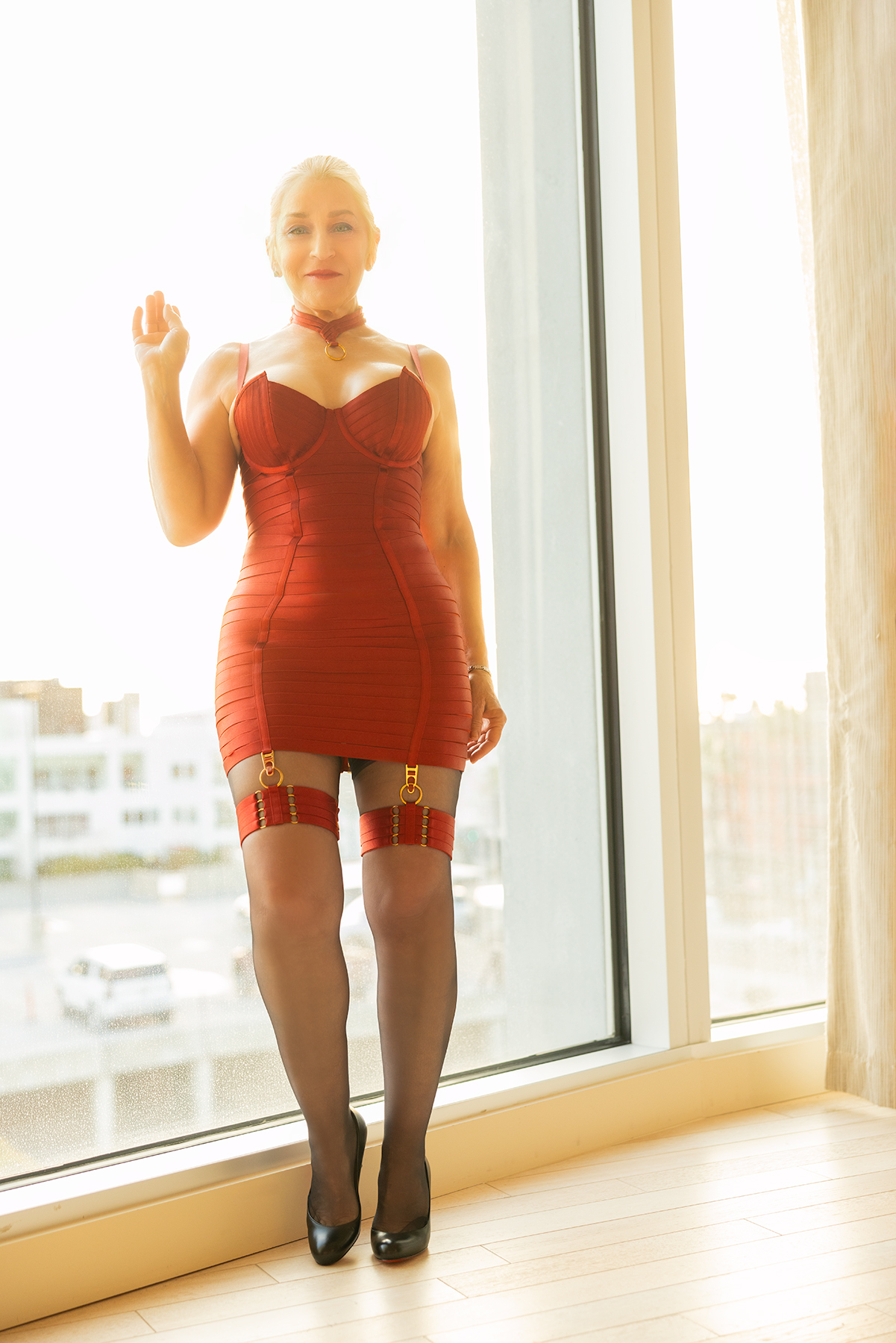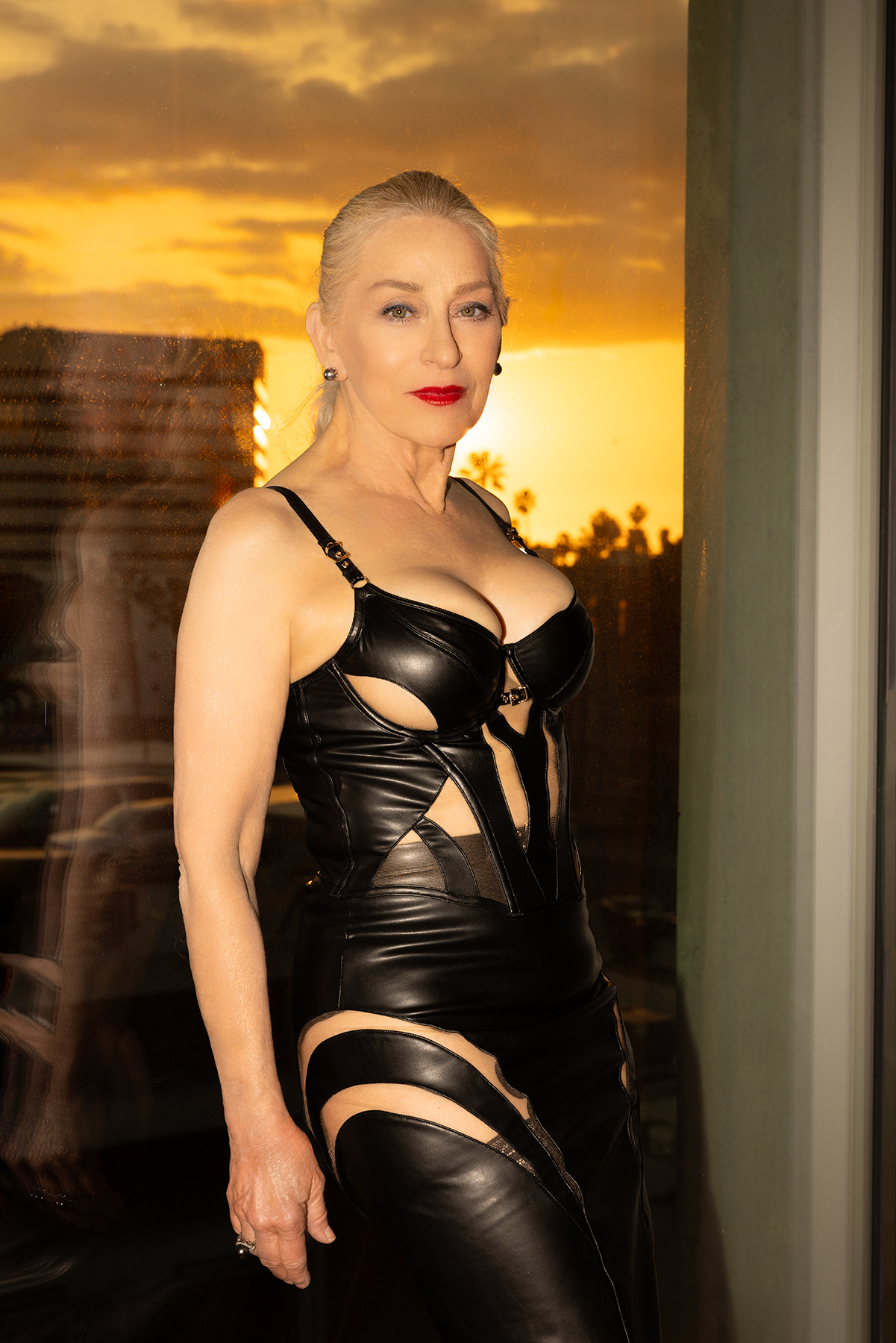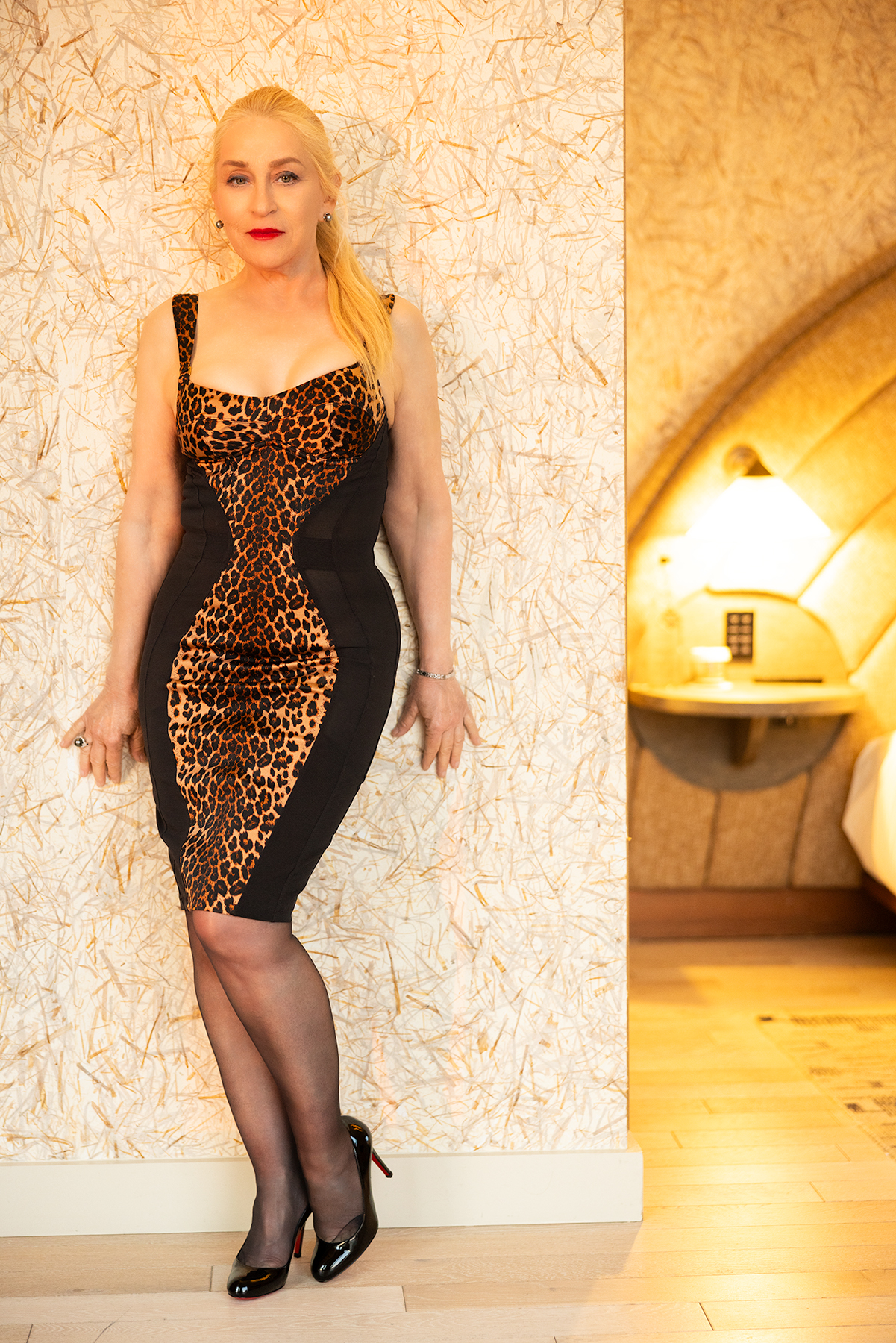A Lot / Allot
A lot means many or much. There are a lot of people in China. You may go the movies a lot. You may like chocolate a lot.
“Alot” is not a word. Allot is: It means to parcel out; distribute or apportion.
Alternate / Alternative
Strictly speaking, alternate means “every other one” – not one or several choices. At our house, recyclable waste is collected every alternate week. Thealternative is to take old newspapers to the recycling centre.
I have to admit that we pedants probably lost this one a long time ago. In computing, for example, we talk about databases having “alternate keys”, when we really mean “alternative keys”.
Bare / Bear
Bare means (to make) naked.
Bear means to carry, or withstand. It is also a large furry animal of the family Ursidae.
If you want people to indulge you while you present an argument, you might say “please bear with me”. Saying “bare with me” seems like an invitation to get naked together.
Butt / But
Butt means an arse, a barrel, or what a goat does with its head. But is a conjunction, used to connect opposing ideas. One butts in to a conversation or argument (as you might imagine a goat doing). You don’t but in.
Butt out actually makes no sense: You don’t have to force your way out of a conversation or argument. You just leave it.
Cite / Site / Sight
To cite something is to quote, or reference, it.
Site is a location, or to put (something) in a location, e.g. a building site; a web site.
Sight is to do with seeing, e.g. “a sight for sore eyes.”
Compliment / Complement
You compliment your wife, by telling her she looks beautiful as she washes the dishes.
You complement your wife, by drying the dishes as she washes them.
Complimentary means praising or flattering, or – like that coffee they give you while you wait for them to fit new tyres to your car – free of charge.
Complementary means balancing, matching or making complete, such as yin and yang (not “yan”), black and white, Fred Astaire and Ginger Rogers. You can also talk about a full complement of people or things, such as a ship’s crew. Finally, complementary also has formal meanings in science and mathematics, e.g. complementary angles sum to 90°.
Could’ve / Should’ve / Would’ve
These are the correct way to spell contractions of “could have”, “should have”, and “would have”.
Only the careless or ignorant write “could of”, “should of”, and “would of”.
Discreet / Discrete
Discreet means tactful or secretive. Discrete means separate, as in “discrete piles (of stuff)”
Discreet is a code word used by someone who is cheating on their partner.
Discrete is a code word used by someone who is both cheating on their partner AND illiterate.
Dominant / Dominate
Dominant is, strictly speaking, an adjective. Dominate is the verb.
BDSMers have adopted dominant as a noun too, meaning “one who dominates”. It is considered gauche to call oneself a “dominate”. Actually, there is a perfectly serviceable noun form, viz. dominator, but that is never used.
Stick with “Dom” and you can’t go wrong.
Fair / Fare / Faire
A fair is a carnival or fete. As an adjective fair also means equitable, pretty, light-colored (skin, hair), or moderately much; as in the expression: “I drank a fair amount last night.”
Fare means food, or a fee for public transport. As a verb, fare also means to proceed or succeed. Thus, the greeting “farewell” means something like “be well” or “go with good fortune”.
A faire is a carnival or fete for creative anachronists.
Hear / Here
Hear is what you do with your ears. Here is “this place”.
To support something someone is saying, we say “Hear, Hear”. This is short for “Hear him, hear him”. In other words: “This person is talking sense. LISTEN to what they have to say!”
Note: “hear him” because the original expression comes from the days when parliaments were the exclusive domain of men.
It’s / Its
It’s (with the apostrophe) is a contraction of “it is”, e.g. It’s a lovely day, today.
Its (without the apostrophe) is a possessive adjective, indicating something belonging to something else. Yes, I know that when we say “Fred’s car”, which also indicates possession, we do use an apostrophe. It confused me too. Get over it.
Home / Hone
Home is where you live. To “hone” is to sharpen (a knife, skills, etc.)
A missile “homes in” on its target. It does not “hone in”.
Lose / Loose
If you lose your pants, perhaps it is because your belt was loose. You can alsolose your car keys, lose a game, or lose in love.
You can have loose morals, or (set) loose the dogs!
If you have a few screws loose, you might ultimately lose your mind.
Literally / Figuratively
When something happens literally, it actually, really happens. Do not useliterally for emphasis. If something was very funny, to say “I pissed myself laughing” is hyperbole. To say “I literally pissed myself laughing!” is probably too much information.
Saying “I pissed myself laughing”, when you did not literally do it, is to say itfiguratively.
Night / Knight
Night is when the moon comes out. It should not be spelled “nite”.
A knight is one of those dudes in armour, a genuine “Sir”, or a chess piece.
Of course / Off course
Of course refers to something that is obvious, logical or self-evident. It is not spelled “of cause”.
Off course refers to a something that has lost its way.
Patients / Patience
Doctors have patients.
Job had patience.
Peak / Peek / Piqué
A peak is the stiff bit on your cap, or a summit – of a mountain, or performance, or oil production.
To peek is to take a quick, surreptitious look at something.
To “piqué one’s interest” is to intrigue them. It is related to piquant, which means to have a pleasantly sharp, or interesting, flavour.
Per Se
Per se is a Latin expression meaning of, in, or by itself. It is not spelled “per say” or “persay”.
Pole / Poll
A pole is what girls dance on or, if capitalized, a native of Poland.
A poll is a survey of opinion, a request for information, or a word describing hornless livestock.
Sense / Scents / Cents
A Sense is the ability to feel, taste, see, etc. It is also the context in which a word is used, or the opposite of nonsense.
Scents are pleasant smells, or perfumes.
100 cents make a dollar.
The Sence is a river in Leicestershire, England. A seance is nonsense.
Sole / Soul
Sole means single or lone, a kind of fish, or the bottom of your foot or shoe.
Soul is a mythical life force, or a style of music.
Unless you are fish fancier, a foot fetishist, or want to stress the monogamous nature of your relationship; the love of your life is your “soul mate”, not your “sole mate”.
Suit / Suite / Tout de suite / Sweet / Sweat
A suit is a set of matching jacket and pants, or a quarter of a deck of cards. It also means to be appropriate or matching, e.g. Does this suit suit me? It is pronounced almost like “soot”.
A suite is a set of lounge furniture, or an up-market hotel room. Tout de suiteis a French expression meaning “right away” or “with all haste”.
Sweet is the taste of sugar or honey.
Sweat is the taste of an armpit.
There / Their / They’re
There is a place: Not here – but there.
Their indicates possession by a number of people, or things.
They’re is a contraction of “they are”.
To / Too / Two
To indicates motion towards. Too means “as well” or excessive (as is “too much”). Two is a number between one and three.
Want / Wont / Won’t
A Want is a desire.
Won’t (with an apostrophe) is a contraction of “Will not”.
Wont (to) is accustomed; used, e.g. “He was wont to rise early.” Not a fashionable word, and pronounced the same as “want”.
You’re / Your / Yore
You’re is a contraction of “you are”.
Your is a possessive adjective, indicating something you own.
Yore means time long past. Nowadays, it is probably most often seen in the expression “days of yore”.



